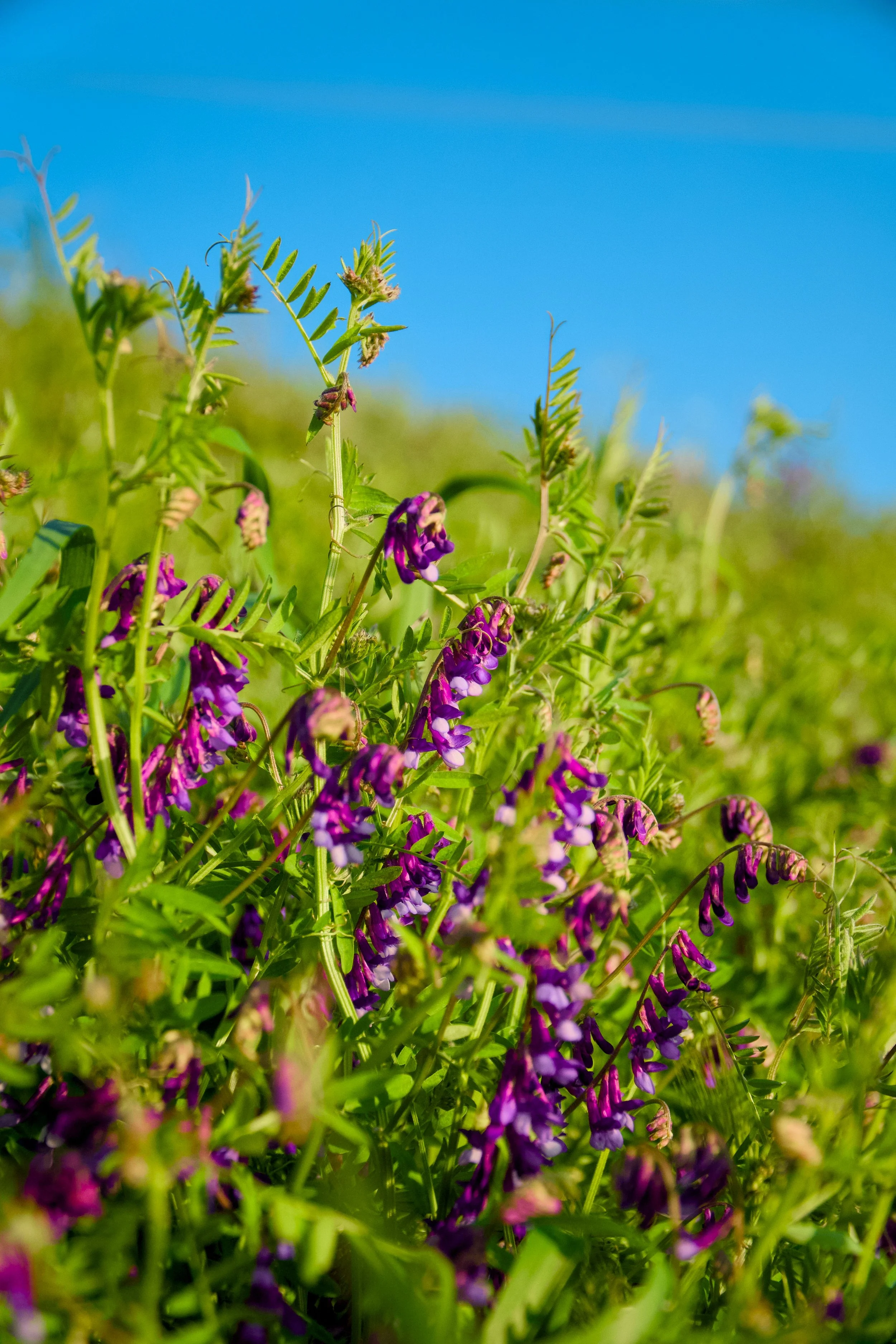One Move
A 21-Day Gentle Somatics Exploration
January 4 - January 25, 2026
Accessible somatics and teachings for disabled and chronically ill people, and anyone looking for a gentle, low-to-no exertion movement and rest practice.
Practice one new somatic exercise each day for 21-days.
Learn how to customize a practice that meets the real needs of your body while unwinding patterns of self-rejection and disconnection in your relationship with your body.
This is a space where you can permit a softening, slowing down and settling in, letting the body explore restful positions and gentle movements within the parameters that are accessible to you.
We practice building attunement to what your body feels, needs, knows and wants, prioritizing always a commitment to protecting your body and accepting its abilities and limitations in a given moment.
Abled people also welcomed.

Develop a vocabulary of very simple movements, resting postures and practices that can improve physical and emotional calm and connection when practiced even 2-10 minutes a day.
In this program we are exploring the possibilities of gentle somatic practice that is safe and accessible for as many people as possible with PEM, MECFS, Long Covid, MS, Fibromyalgia, and other disabling illnesses, a practice that centers our needs.
My hope is that by offering modifications or alternate resting exercises with each day’s practice, this program can be accessible to as many people as possible.
Please note: While our aim is to make this as accessible as possible to as many people as possible, this cohort of the program will not be safe for people with severe PEM or people who are primarily bedbound. We hope to do a dedicated run of this program for bedbound people in the future.
The wellness, movement and fitness cultures in this society endanger, stigmatize and exclude disabled people and multiply-marginalized people as the norm.
Even among groups centered in justice and liberation, there is little commitment to accessibility and little will to confront the ableism within their own cultures (and psyches). And because of that unwillingness, these spaces are generally a danger to those living with disabilities, chronic illness and compromised immune systems.
The needs of those excluded and endangered by the norms in movement practice spaces matter. Your very real needs are sacred. You deserve to have access to spaces and cultures that don’t carelessly endanger you and consider your needs irrelevant, unimportant or burdensome. In this space we aim to create as much accessibility, inclusion and safety as possible for those left behind.
What is Somatics?
I use the word somatics to mean a practice of exploring and paying attention to your experience from within.
It’s a way of tending to your real needs in the moment with care, learning as you go what helps you get more settled, centered, regulated and connected.
A method for cultivating loving attention, attunement and acceptance of your whole self, of tuning in to your feelings and felt sense and experience of life. A way of listening to your body with kindness and curiosity which expands your ability to notice and be present with whatever is going on with you in the given moment, while helping to restore inner rhythms and harmony.
Somatic practice allows you to become more present to and accepting of your wholeness, including all the aspects of you that society judges or rejects, a practice of honoring that you are always all of you, every aspect of your character and experience an integral part of the whole and deserving of acceptance and inclusion.
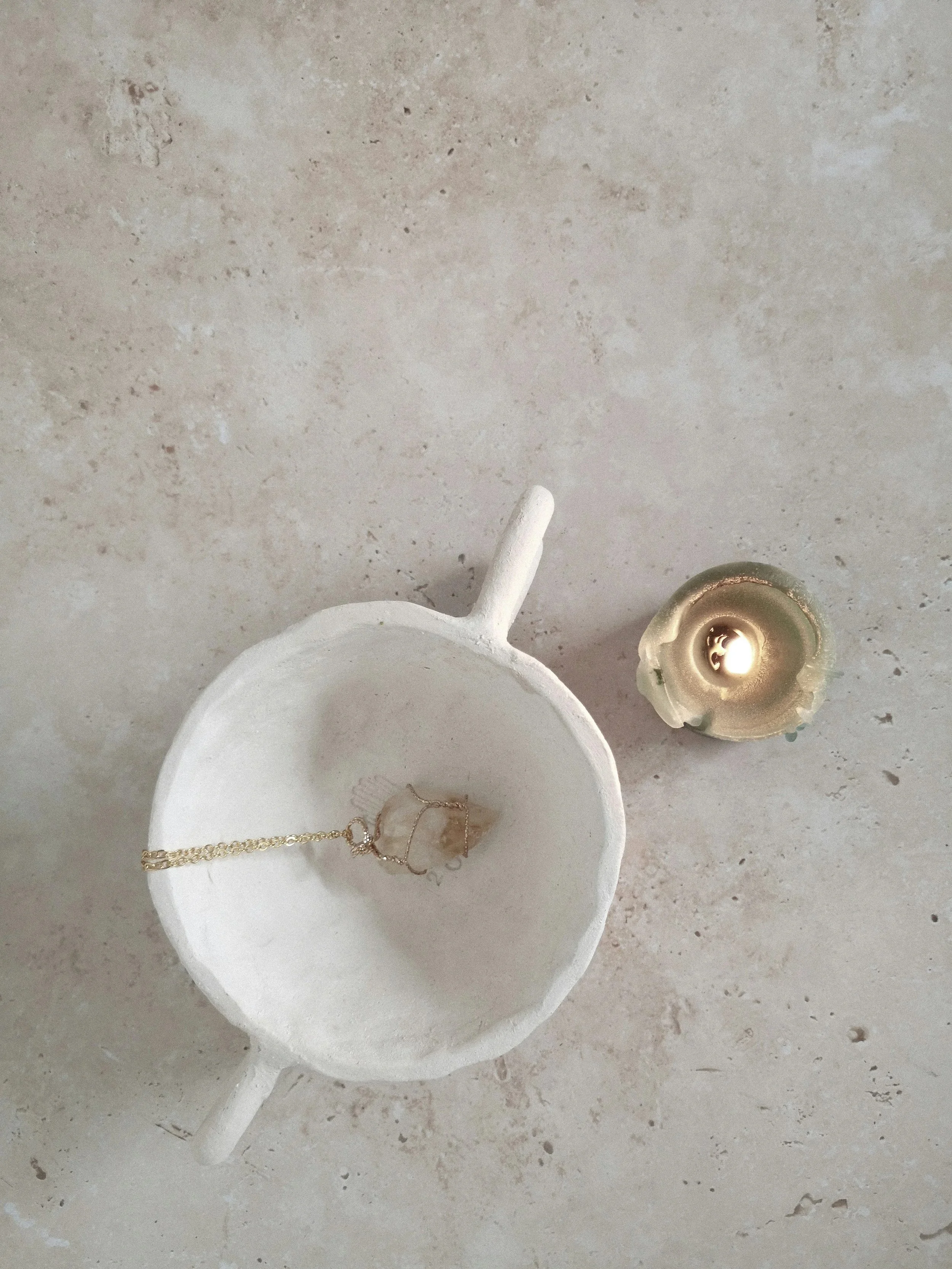
What does it mean to take care of your body and tend to your nervous system when exercise and practices that rely on exertion are unsafe for you?
As a person who cannot tolerate exertion without becoming very ill—reliably—because I have PEM, I’ve had to find a way of connecting with my body and paying attention to it that requires little-to-no exertion.
I had to learn how to recognize the ways I was chronically aggressive with my body and in my expectations for myself. I had to grieve my loss of capacity to meet the expectations of an ableist culture in order to find my way to acceptance of my limits, and then eventually, to respect and appreciation for them.
I didn’t expect the process to heal my relationship with my body, but as I’ve dismantled internalized ableism and unwound all those stories about what my body should be capable of I found myself settling into the warmest, kindest, most expansive relationship with my body I’ve ever experienced.
None of this was because I broke through my limits. Or met some arbitrary fitness goals. Instead, it happened because I let go of the ambition to be other than I was, let go of my attachment to the ableist standards of the overculture and the judgment of my limits and illness I had internalized.
Or, to be more accurate, I became committed to a practice of unwinding the influence of the ableism of my culture on my relationship with my body.
Because it is a practice. Ableism is a deeply rooted, primarily subconscious set of beliefs, bigotry, expectations, prejudices and biases, and it is absolutely ubiquitous in the dominant culture, so unlearning it is a daily practice of noticing, tending to and uprooting that whole way of thinking and relating (to yourself and others).
This is the experience I want to make available for others, especially other disabled and chronically ill people.
I want you to have an opportunity to immerse in a very gentle practice for a few weeks while establishing a consistent habit of 2-5 minutes a day, learning and practicing new ways of tending to yourself, in the embrace of a group of people interested in repairing our relationships with our bodies and grounded in a commitment to disability justice.
Hello, I’m Lauren Worsh, the founder of Horsetail & Oak Soma School and I will be your guide and teacher in this experience.
I am a liberation midwife and mentor, somatic coach, writer, teacher and curricula designer, a cisgendered disabled and chronically ill queer and neurodivergent cycle-breaker. She/her pronouns.
In my work I focus on supporting and guiding people through practices of unlearning and repatterning — unwinding those aspects of our core conditioning that lock us into patterns of suffering and establishing new awareness and habits.
I teach practices that help people root into a deepening sense of connection to the body’s subtle and ancestral insight, knowledge and perception and train people in the practices of developing somatic awareness and attunement.
It's my mission to create experiences that speak to your heart and answer your true needs, experiences that awaken deep insight, generate connection with your body’s rhythms and sense and support you in ending generational cycles of suffering.
I taught yoga and experimented with my own intuitive somatic practice for 15 years, until 2010 when I became too ill to work more than a few hours a week.
For the first 15 years of chronic illness, before I was too ill to work regularly, I was focused on chasing a cure. I wasn’t aware of my internalized ableism or of how it fundamentally distorted my relationship with my body.
I had to learn the territory of disability and PEM, slowly and painfully, over years, until I understood how dangerous it was to exert myself past a very limited envelope of tolerance. The somatics exploration I had been practicing on my own in the before times became my greatest teacher. This is the kind of practice — customized to your needs and dis/abilities — that One Move is designed to help you build.
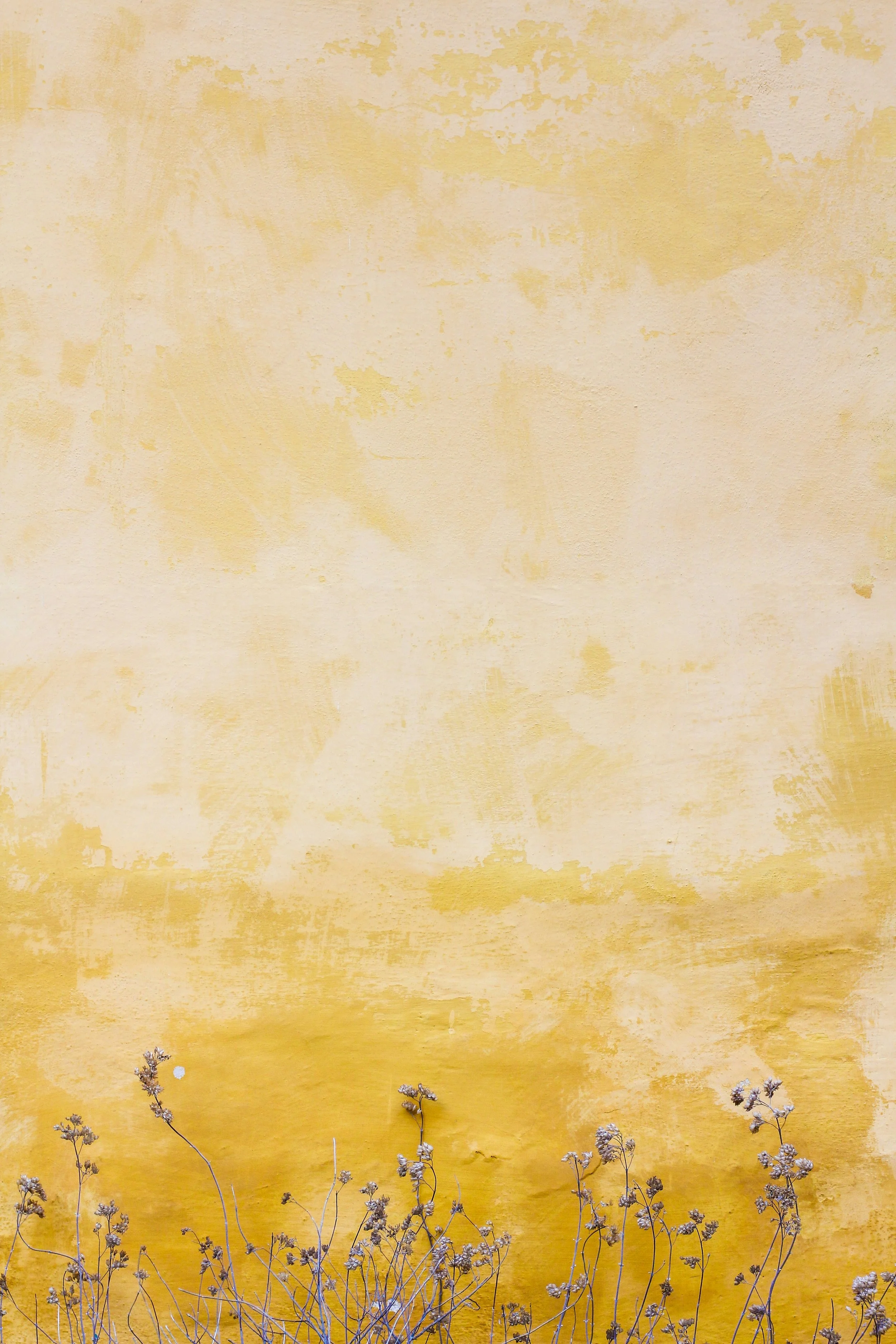
Testimony
“As someone very new to somatic work, Lauren made me feel like I belonged and that these practices were for me, no matter what pace I needed to go or what accommodations I needed to make for myself. I’ve experienced her facilitation style to be attuned, responsive and so easy to follow. She knows how to create a safe haven of a space, even through a laptop screen. By the end of every session it always feels like a huge weight has been lifted.
I’m always looking forward to the next session.
I highly recommend any of Lauren’s courses and hope you find them to be a haven as well.”
— Annie Liao, Los Angeles, CA, US
“Lauren was my first yoga teacher. She moved to the other coast about 5 years after I began taking her classes, and I’ve never found a teacher since whose classes are so soul-soothing, restful and illuminating, though I’ve had many good teachers.
There is a poetry in her guidance, the way she invites you to bring curious attention towards what you’re feeling and noticing in your body’s experience. I miss her classes and her wisdom.
— C. Summers, Arlington, MA, US
Lauren has a genius for guiding your awareness in a way that helps you to ease safely into more presence in your body. Her classes helped me grow better at discerning, listening to and trusting my body’s intelligence and its capacity for healing, without shaming or pressuring myself about what is beyond my range or cannot be cured.
— Ash McLeod, Portland, OR, US
“I feel from your writing a gravitas about our world, a sense of stewardship, a seriousness about wanting things to be better but also the necessary ability to look at things as they are.
To study or interact with you is a rewarding process of asking myself to see and think with clarity, and to mobilise the compassion of my heart.
If you are in the water, I feel you are standing deep in it, immersed in mangrove mud to the waist, body and arms and face and hair somehow a lot out of the water, and it's sparkling from the sun, and your hair is long, and you reach higher than makes sense, and you can see very far.
So to be around your work and you feels like you move with that current without falling over.
I read your writing because that feeling of being around someone rooted deep enough to feel it and sway in the water but still stand, gives me more of that feeling in my body.
— Taeko Alphonso, Melbourne, AU
Lauren sees wide and deep. She is able to name underlying cultural dynamics with stunning clarity, recognizing how western culture and mob-think seduces people into compliance with inhumane social norms, and showing us how to free ourselves from these patterns.
— Theo Barry, Cambridge, MA
“Working with Lauren has been one of the most powerful and impactful experiences in my adult life. Her work is eloquent, powerful, deep and vast.
I have been awakened, enlivened and healed by my experience with her.
We’ve worked deeply with my ancestral lineage and as a result my patterns have changed (and are continuing to) — contractions releasing, insights and a-ha experiences abound.
Lauren’s insight, experience, and intuition have helped me to address past and present trauma — our work has served me in deep and profound ways, as it has those I am connected to and serve in turn.
— Lisa Evert, Cleveland, OH, US
What’s Included
An Opening Evening
For our opening night, we will come together on zoom to discuss what you can expect and why giving 2-5 minutes a day for the next 21 days to this practice can create a meaningful and qualitative shift in your life.
We’ll discuss the core principles of this approach and cover anything you need to know to modify practices so they are accessible to you and so you can best keep yourself safe.
We’ll meet each other, we’ll shape the circle of kin in shared practice and I’ll help guide you in clarifying your intention for the next few weeks. We’ll do a brief somatics practice of about 10 minutes. We’ll lay the foundation and inspire you for the journey.
Call will be 60-90 minutes. This event will be recorded.
Intro Lesson & Practice
A few days before we gather for our opening circle, you will receive a recording of an introductory lesson, laying all the groundwork and teaching you some resting postures and practices that you can always replace a given day’s practice with if that day’s practice is not accessible enough or a good fit for you.
You are always invited and welcomed to modify the practice so it is safe and accessible for you, but I know it can be hard to know what practices are truly going to be safe for you, so I want you to have a core set of resting practices so you will have options, so you can respond to both your ongoing limitations and those that are arising on a given day with care and kindness.
I will familiarize you with a set of such practices and supported postures in this intro lesson by guiding you through a gentle practice. You can always use it as a longer practice if you want to keep going after completing your daily practice, as well.
21 Pre-recorded mini-lessons
Each day you will have access to a new practice, each between 2-5 minutes long. Each practice will come with 1 or 2 suggestions for modifications or alternatives for different issues and levels of energy capacity. There will always be an option to do one of the active resting postures or practices taught in the intro materials, as well.
Optional Bonus Lessons & Reading
Some days when you receive your daily lesson you will also receive an optional lesson or an excerpt from some of the books and writings that have inspired me.
Office Hours
Near the middle of the 21 days I will hold office hours so you can come with any questions that have arisen as you’ve engaged with these practices. This event will not be recorded, to preserve the confidentiality of participants.
Closing Celebration
We’ll get together to celebrate attending to our relationships with our bodies with such care and committing to this practice together. We share wins, insights, struggles and shifts. And we’ll talk about ways to support yourself in sustaining this practice moving forward.
This event will be recorded.
We have three enrollment options
-
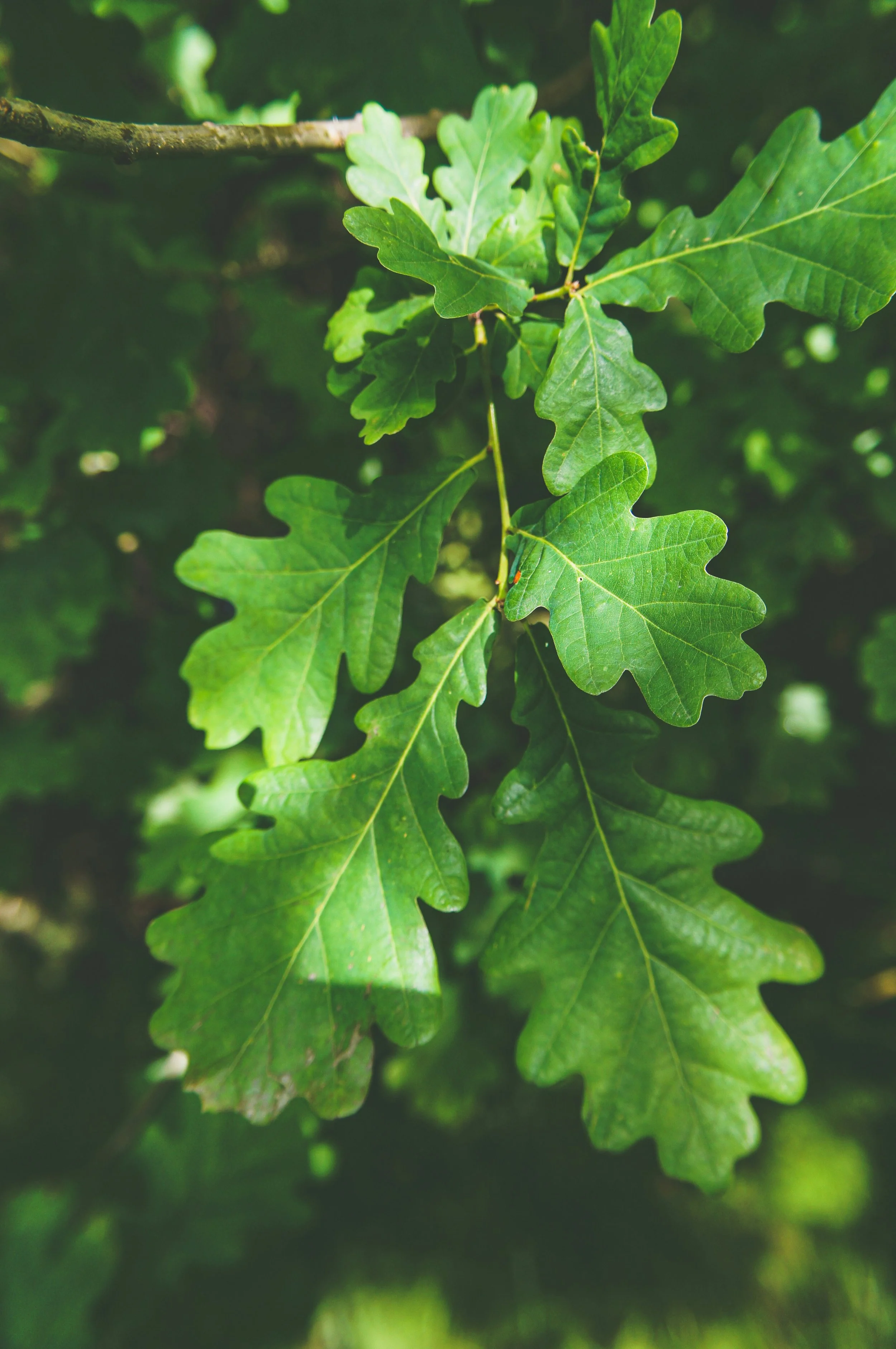
Independent Study
This option includes the pre-recorded intro lesson, the 21-days of prerecorded lessons and the optional reading. It does not include the 3 live sessions.
$49
-
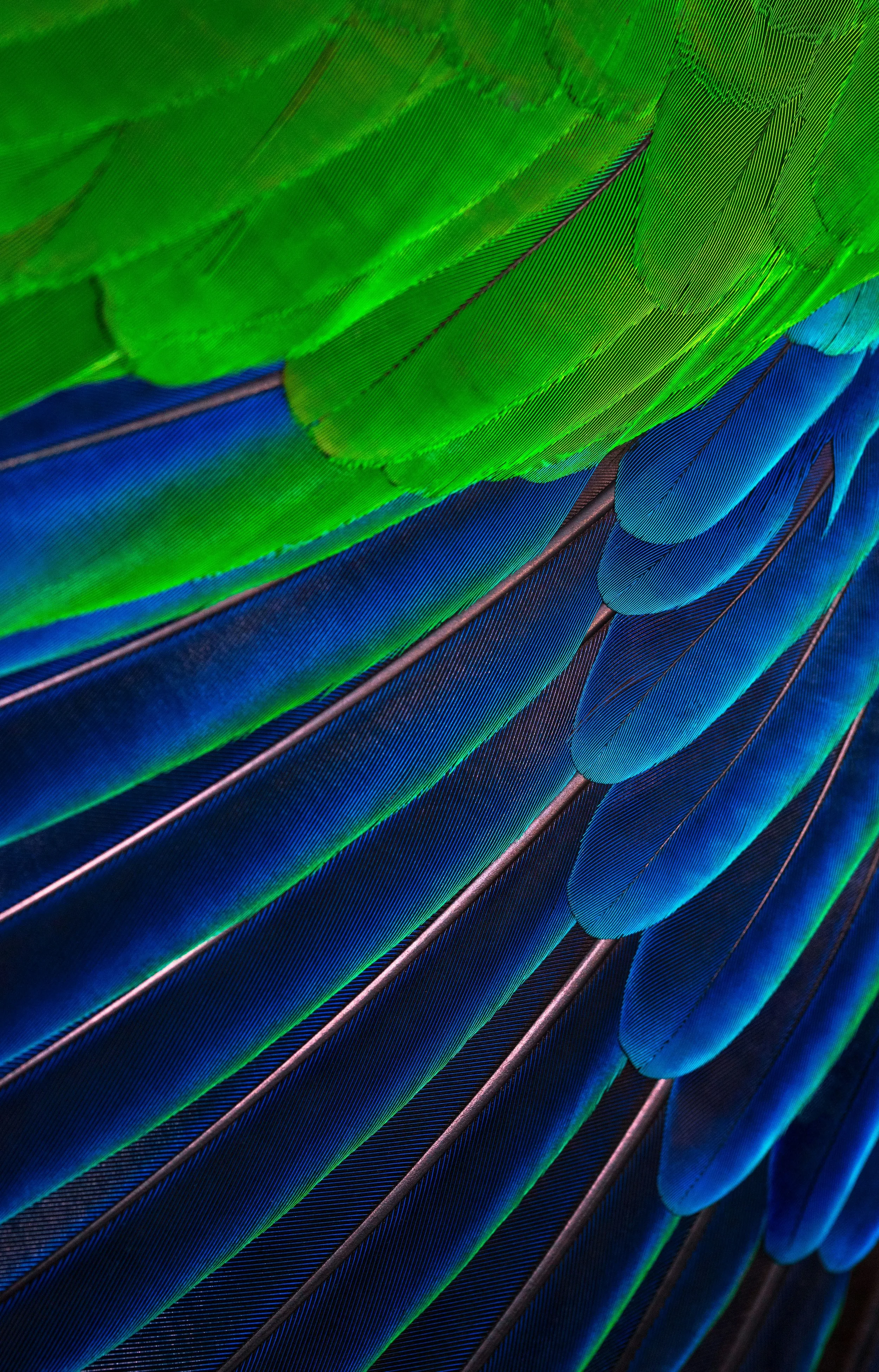
Community Program
This option includes all the content plus three live sessions: the Intro Evening, the Office Hours session and the Closing Celebration.
$99
-
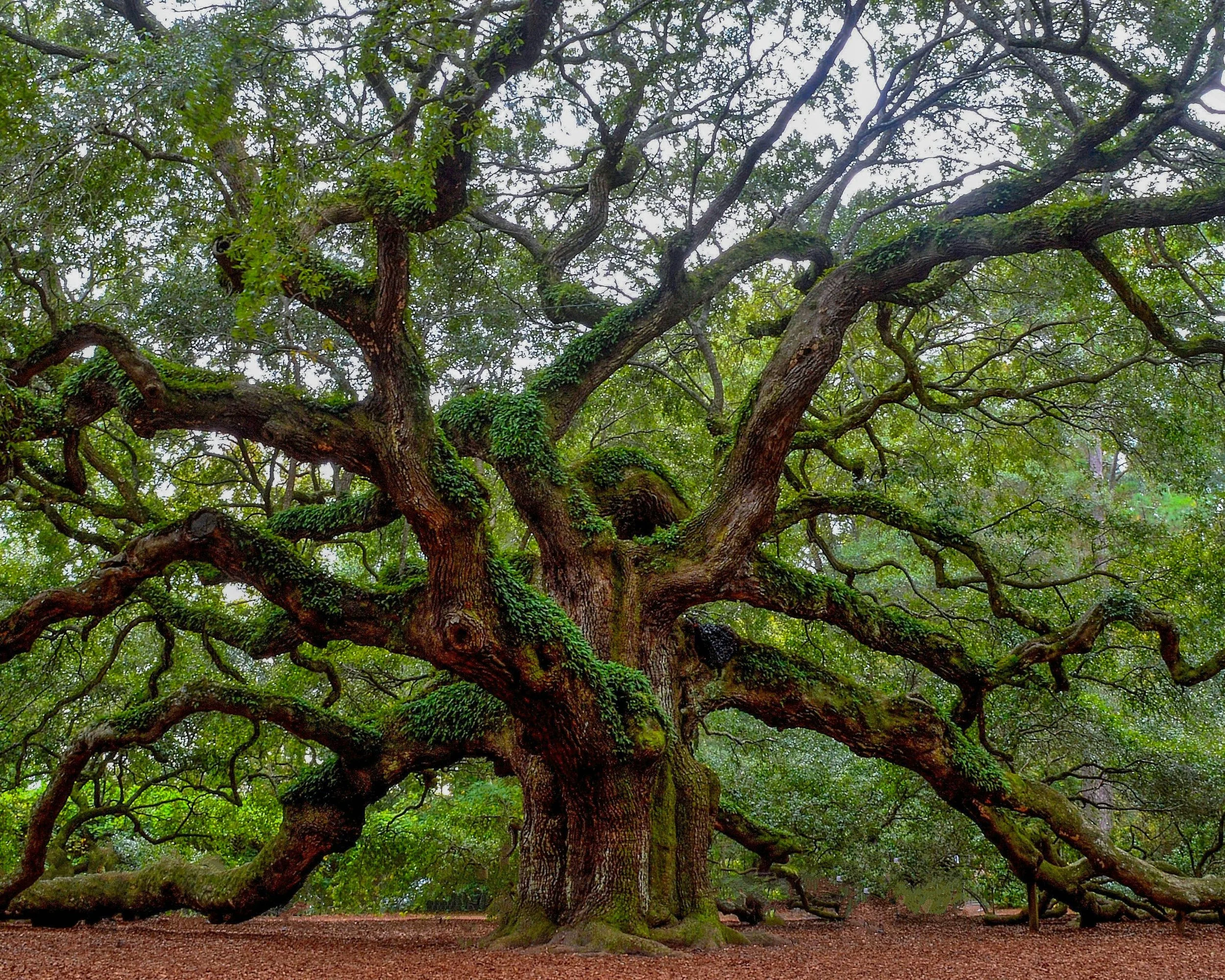
Community Program + Coaching Package
This option includes all the content and live sessions plus a coaching package including 1 90 minute 1:1 session.
$299
Why this course is different
-
The goal of this practice is learning restful postures and simple movement patterns to help you settle into your body more, rather than exercising with a goal of exertion, improvement or “fixing”.
This is the distinction between most western conceptions of exercise, which is integrally tied up in the health supremacy of the dominant culture, and somatic practice, which can help us break free of how we’ve internalized that cultural ableism.
-
We live in a culture of hegemonic body norms and ableist expectations, and practices that help us unlearn these harmful, stigmatizing, monolithic norms can help us liberate ourselves from internalized bigotry and self-rejection.
-
Every body has unique needs, abilities and limitations.
FAQs
-
It all begins with an idea. Maybe you want to launch a business. Maybe you want to turn a hobby into something more. Or maybe you have a creative project to share with the world. Whatever it is, the way you tell your story online can make all the difference.
-
It all begins with an idea. Maybe you want to launch a business. Maybe you want to turn a hobby into something more. Or maybe you have a creative project to share with the world. Whatever it is, the way you tell your story online can make all the difference.
-
It all begins with an idea. Maybe you want to launch a business. Maybe you want to turn a hobby into something more. Or maybe you have a creative project to share with the world. Whatever it is, the way you tell your story online can make all the difference.
-
It all begins with an idea. Maybe you want to launch a business. Maybe you want to turn a hobby into something more. Or maybe you have a creative project to share with the world. Whatever it is, the way you tell your story online can make all the difference.
Our aim is to make this as accessible as possible to as many people as possible, but this cohort of the program will not be safe for people with severe PEM or people who are primarily bedbound.
